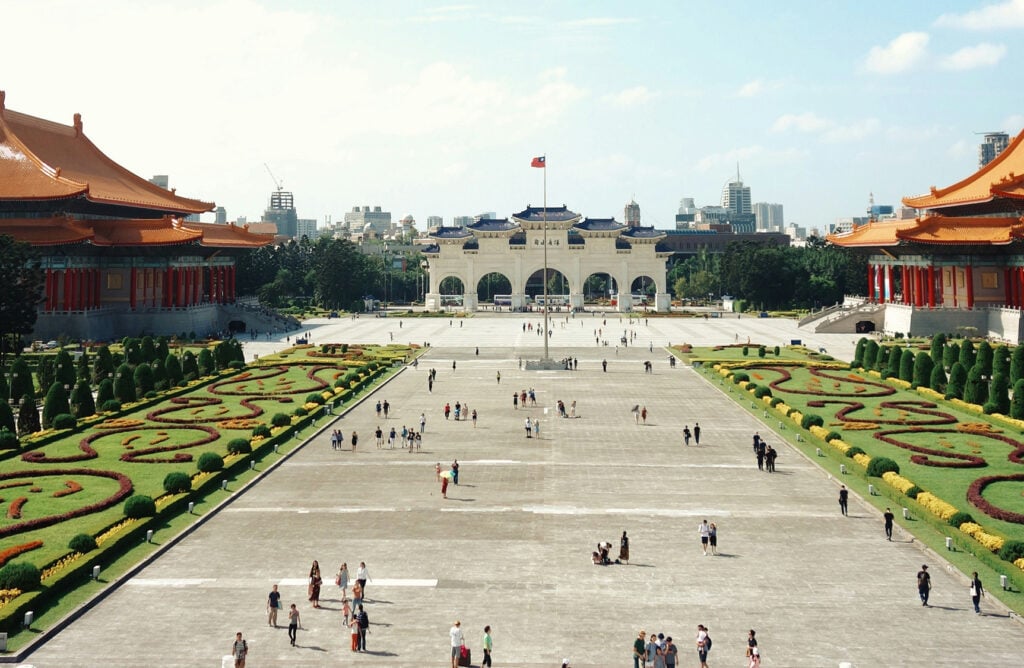Taiwan’s Laws Regulating Civil Society
A Comparative and International Argument for Reform
APRIL 2024
In this report, Taiwan’s Laws Regulating Civil Society: A Comparative and International Argument for Reform, author Shawn Shih-hung Shieh, Ph.D., Cofounder of the Freshwater Institute and Director of the Social Innovations Advisory, writes that Taiwan’s Civil Association Law should be reformed. He argues that the law, enacted during Taiwan’s martial law period, places unnecessary restrictions on people’s ability to form associations. For instance, the current Law requires a minimum of thirty initiators, who are each over twenty years old and of legal capacity, to set up a social association in Taiwan. Furthermore, the Law allows government officials to attend association meetings in certain circumstances.
Shieh recommends several changes to the law that align with comparative and international best practices, allowing Taiwan to uphold its diverse civil society to strengthen its democratic resilience. One of the best practices recommended is removing the existing “permissions” procedure and replacing it with a “notification” procedure, so that registration is presumed upon the regulatory authority’s receipt of notification from an association. Shieh also suggests that the reformed Law should uphold international best practices by enforcing nondiscrimination and removing restrictions on association rights for those under 18, people with disabilities, and foreigners. Shieh also proposes that government officials be discouraged from attending association meetings unless specifically invited.
Sign up for our newsletters
Sign up
